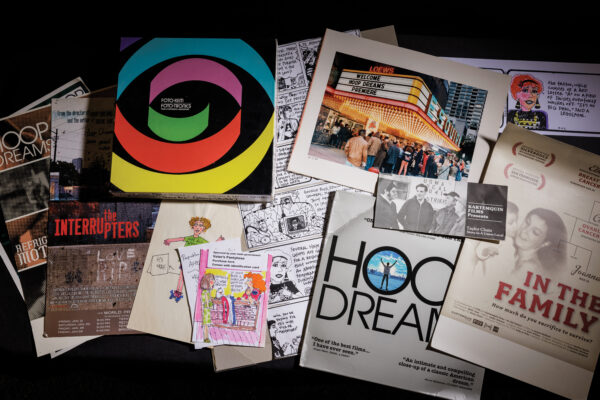Check the news today, any day, and you will find a story on religion and politics. Whatever the item, I guarantee it has a long history, and its consequences spread through multiple fields of concern: law, medicine, economics and more.
In 2010, Washington University in St. Louis established the John C. Danforth Center on Religion and Politics to study how these topics relate and to engage the public in understanding them. Public scholarship seeks a general audience, but in a manner different from social media influencers or pundits and opinion makers. At a university, good scholarship grounds and supports all public engagement. We begin in study, but every effort must be expended to engage the public. At a time when the value of universities has come under increasing skepticism, we must speak and listen beyond our campus walls — especially in a crucial area like religion and politics, which touches so many issues and so many lives.
The reach of religion and politics is not hard to explain. Consider, for example, the Bioethics Research Center at WashU Medicine. James DuBois, the center’s director and the Steven J. Bander Professor of Medical Ethics and Professionalism, started the Healthcare, Values, and the Spiritual Life research program in 2022. The program’s first big project, funded by the NIH, examines how faith shapes views toward issues such as prenatal genetic testing, stem cell research and mRNA vaccines. Researchers also are interviewing 180 faith leaders to understand how public health can engage with faith communities in a manner that is respectful and constructive. Meanwhile, the Weidenbaum Center, which supports social scientific research in the fields of public policy, economics, political science and sociology, cannot help but run into the world-shaping views of religion.
Scholars at the Danforth Center on Religion and Politics care about both depth and breadth. They speak wisdom into “breaking” news that whips past us every hour. At the center, we care about headlines, but we also want to bring to attention the unsung ways that religion and politics interact and affect American culture, both now and throughout history. Present topics of interest always have a much deeper past, and many of the center’s scholars are experts in that culture-shaping history. We cannot know where we stand now without knowing how we got here.
In recent years, for instance, the media has been absorbed by the support of white evangelicals for President Trump. It requires no academic center to form a view on that matter. But we can engage such a conversation uniquely (and we have). We can examine, for example, the fifth of white evangelicals who have always opposed President Trump — a population the media mostly ignores — and ask what counts as an “evangelical,” since definitions shift rapidly. Just as important, the center can remind us that evangelicals represent only one form of Christianity in America, and that Christianity covers only one aspect of religion. What are the views of the rest, and how do they influence politics, ethics, policy and culture?
Through our online journal, Arc, as well as in other publications and public commentary, we add history, knowledge and context to current events and concerns. Faculty member Tazeen Ali, for example, has written extensively on the way Islam appears in media and public discourse, across politics, television shows and more. Fannie Bialek, a faculty member who writes on love, vulnerability and more, speaks regularly with Jewish communities, translating and sharing her work more broadly. Each of our faculty members finds both particular and public audiences.
Whatever the audience or topic, the goal of the Danforth Center on Religion and Politics always remains deeper wisdom and better understanding. We seek foundations on which to build a common life. It takes scholarship to discover that foundation, and it takes wise practices of public engagement to learn from others and share what we discover.
In building on the excellent work of the center, I hope to continue adding breadth to its deep scholarly riches. The center can benefit from and contribute to multiple fields of learning, bolstering history with political science, for example, or combining new data with the cultural examinations of humanistic disciplines. Such breadth will make the Danforth Center even more of what it already is: a leading enterprise for the study of religion and politics in the United States. At the center, we step back, we slow down, and we seek to bring understanding to hot topics of present concern in ways that only a university can — and for a public far beyond our university campus.


